Last year was another hugely turbulent one for the global car industry. China, the biggest market for new cars, suffered its second successive yearly drop, while the US, Japan, the UK and India all experienced declines. These markets accounted for nearly 3.2 million fewer new vehicles sold. But there was growth in Germany, France and Brazil.
China’s decline looks likely to continue this year, especially with the growing business disruption from the coronavirus taken into account.
Meanwhile, Volkswagen continued to defy the Dieselgate scandal to beat Toyota for the global number one spot, SUVs maintained their grip on global consumers’ wallets and GM continued to outsell Ford in the US.
Porsche retained its crown as the sports car champion with the Porsche 911 beating all comers. The Ford Mustang was the top coupé, while the Tesla Model 3 bossed the global electric vehicle segment.
ï® All figures supplied by Jato Dynamics from preliminary data for 53 markets (with December estimates for some) that account for 85% of the global total.
Electric cars: Tesla Model 3 vs low-cost Chinese models
The Tesla Model 3 has a strong lead as the world’s best-selling electric car, outselling its nearest rival nearly three to one. Last year it was the best-seller in both the US and EU, and it should make inroads in the Chinese market in 2020 as local production starts in Shanghai.
The second-best-seller is the BAIC BJEV EU, a Volkswagen Golf-sized saloon with a 41kWh battery and a £15,000 post-subsidy price tag.
Nissan’s Nissan Leaf maintains a solid position as global number three, but didn’t lift sales as much as might have been expected for a new model.
Global top 5
![]()
Tesla Model 3 - 296,815 models sold
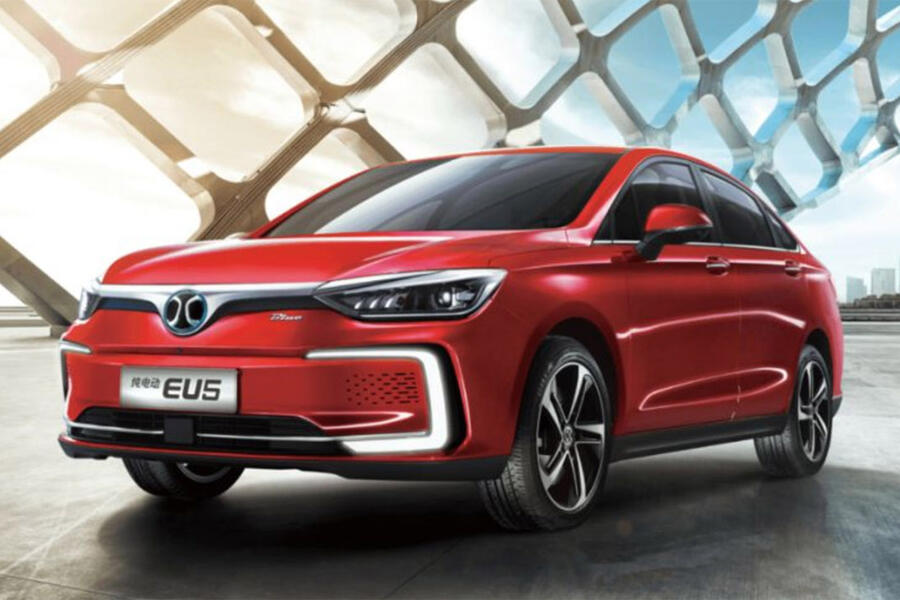

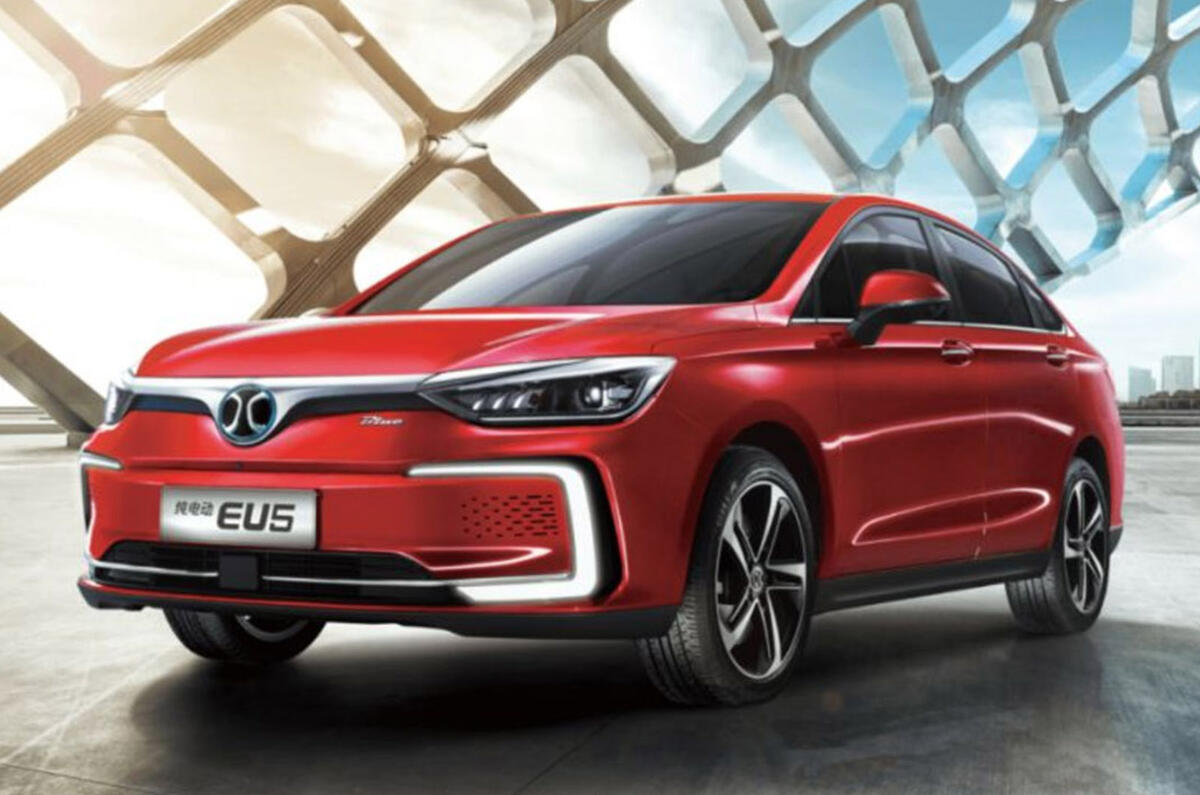
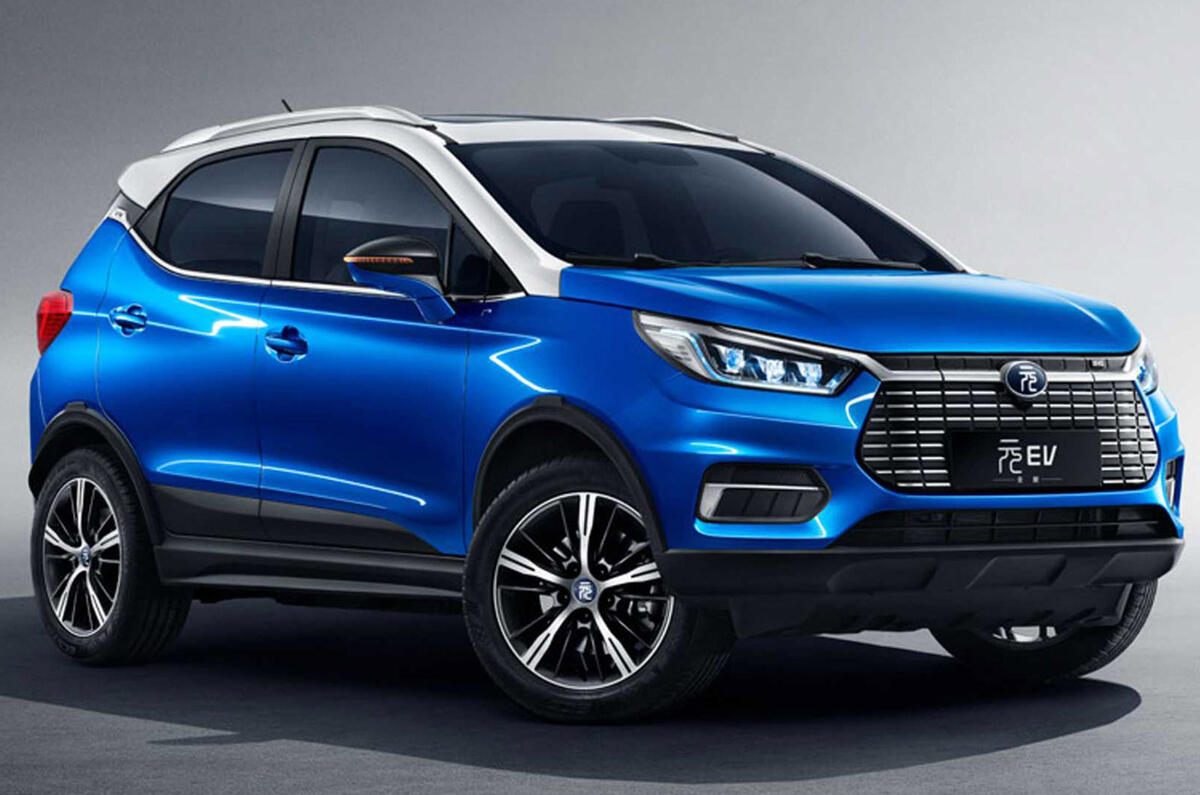
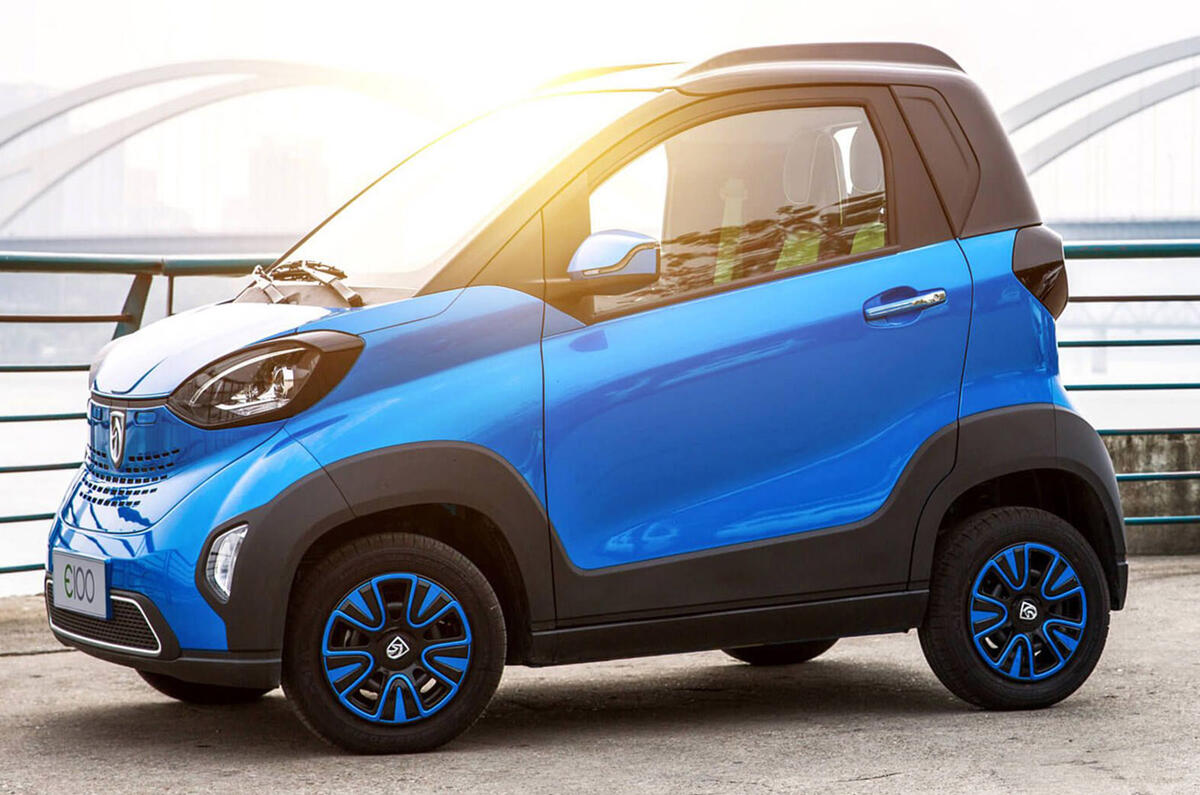
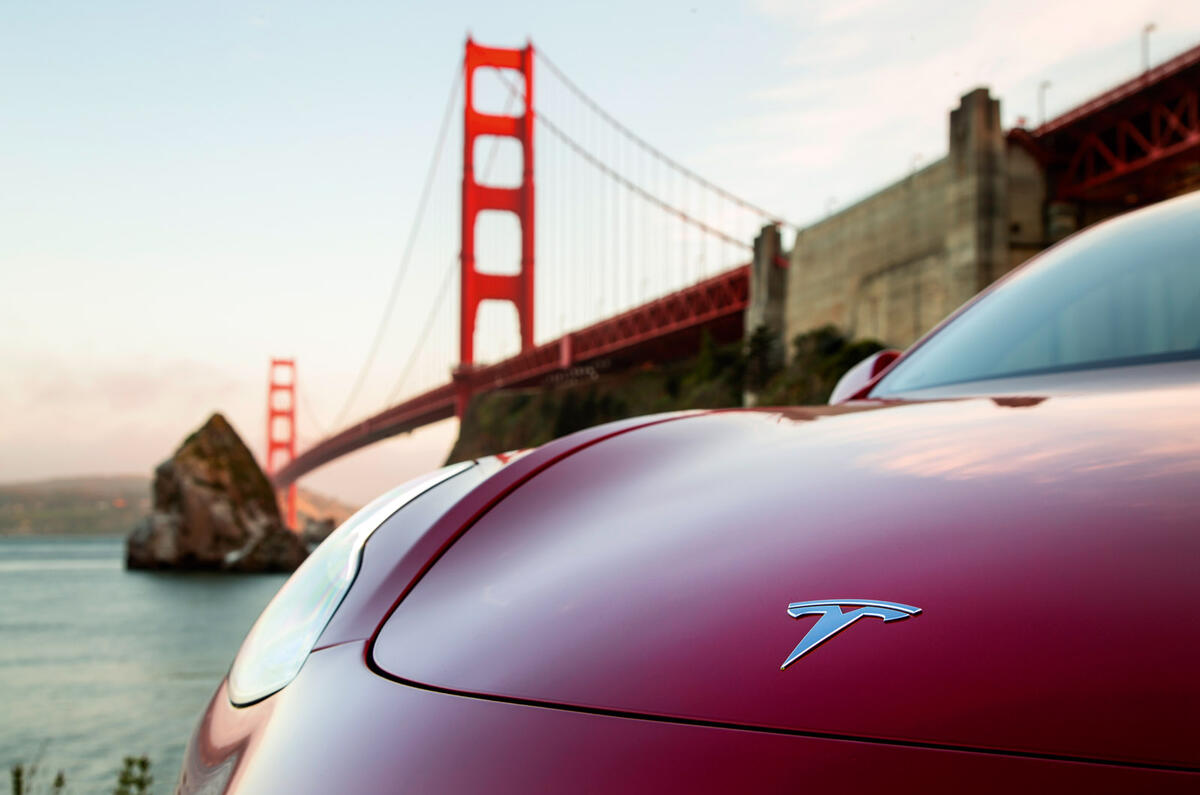

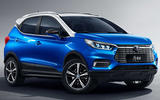



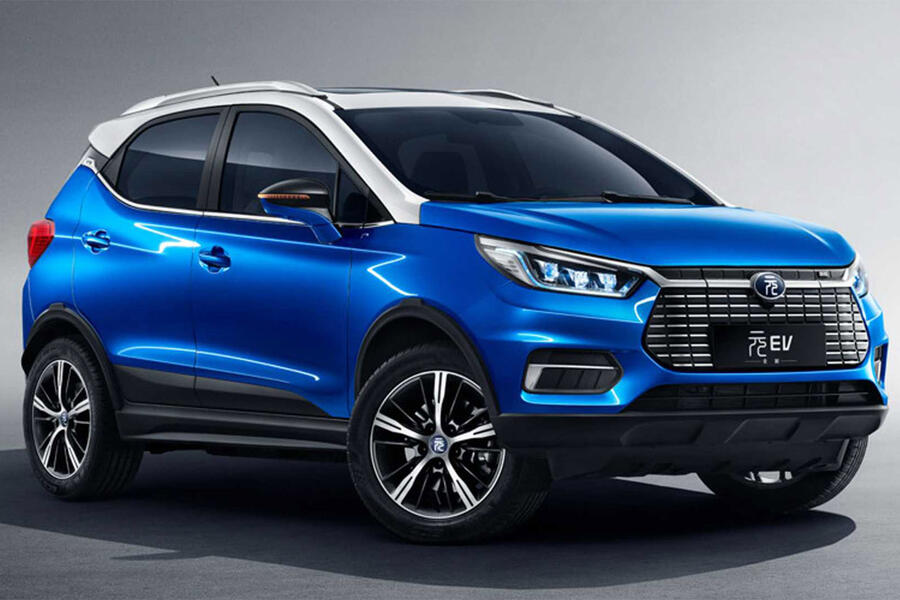
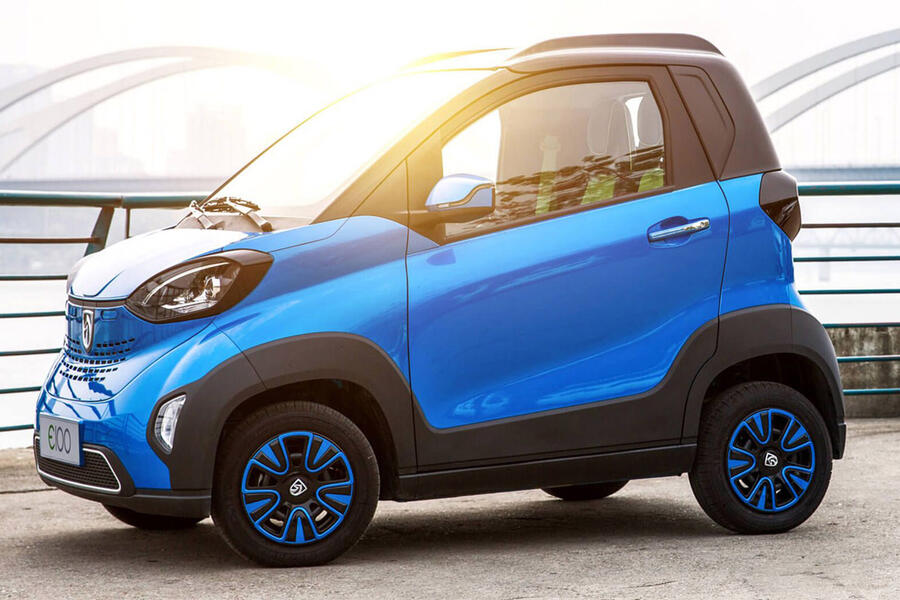
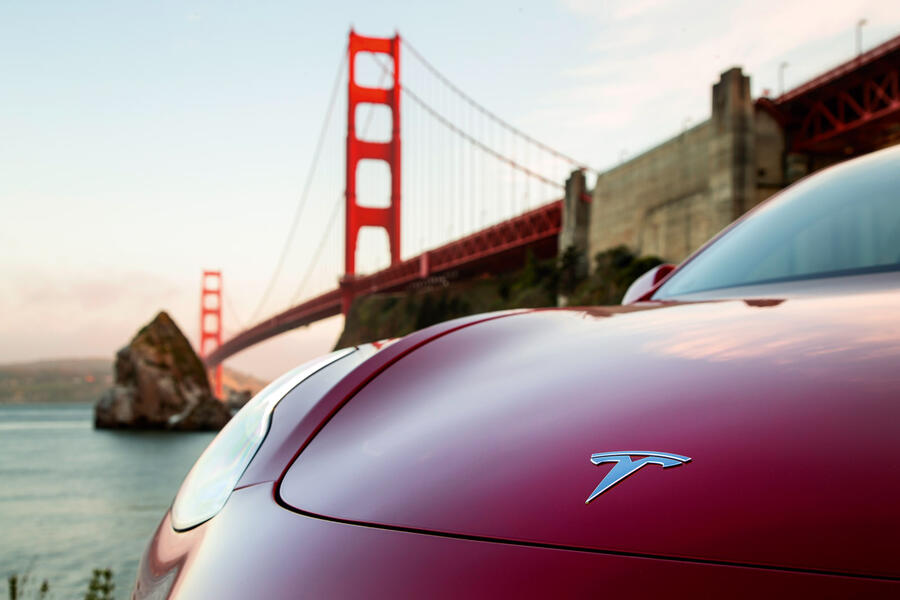

Join the debate
Add your comment
Also where does the Renault
Some interesting trends there
Some interesting trends there. It would be interesting to an analysis of the number of new cars sold per head of driving population - Japan has twice our population (something of interest for people who say we have too many people) and Canada maybe 1/2. It would be useful to see how sales in the US where motoring costs are seen as being lower stack up.
SamVimes1972 wrote:
Agree it would be interesting, France has a slightly higher population than the UK so you'd expect it's sales to be higher, that it isn't usually is surprising, maybe us Brits are more materialistic.
si73 wrote:
That's what I'd love to see analysed. The effects of fleet sales (both sales reps and hire car), taxes, legislation etc. on car sales. The future might be electric but theres a lot more to the car market than that.